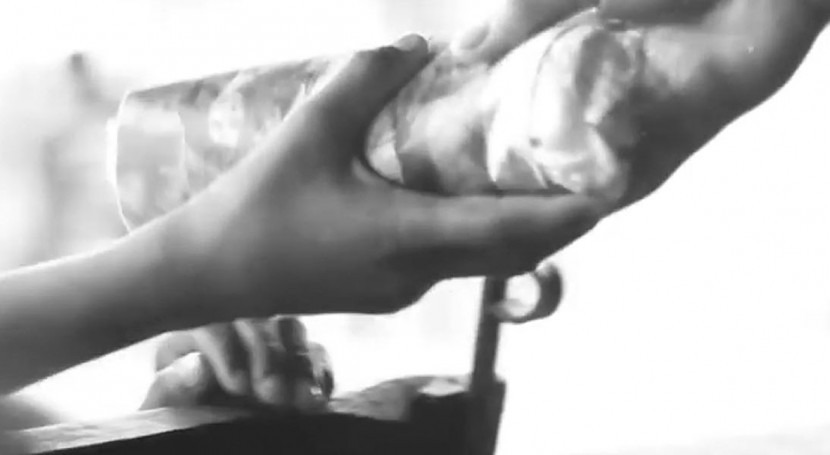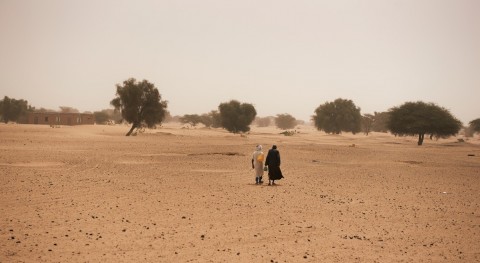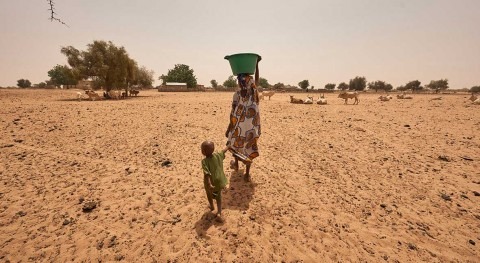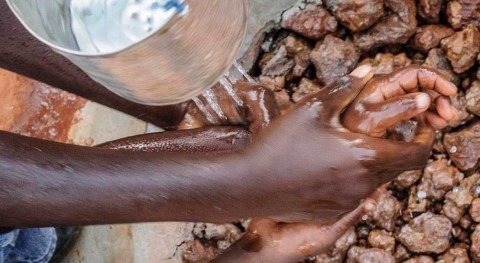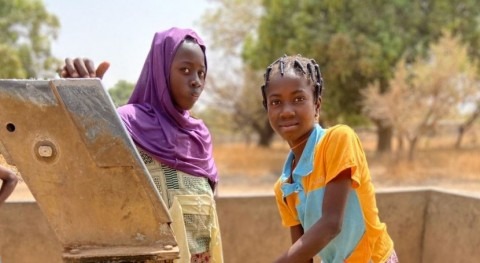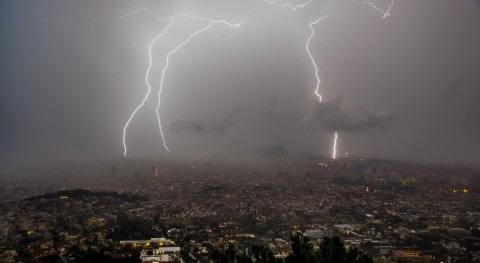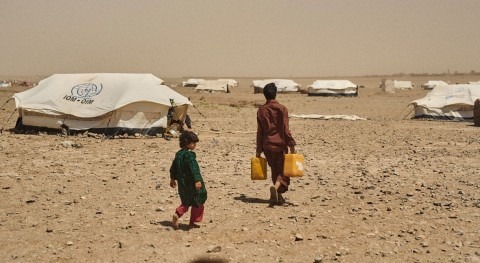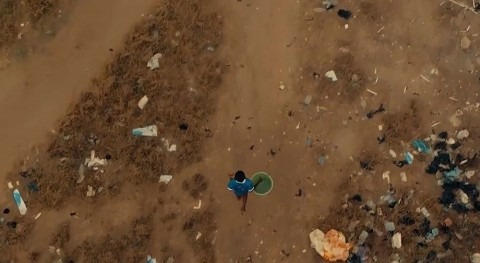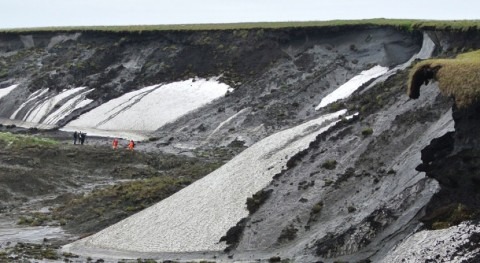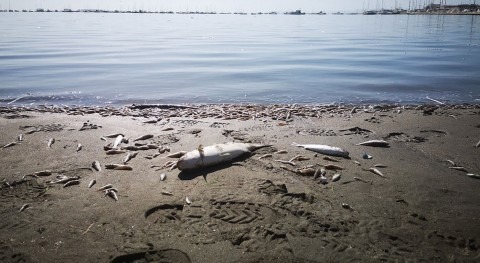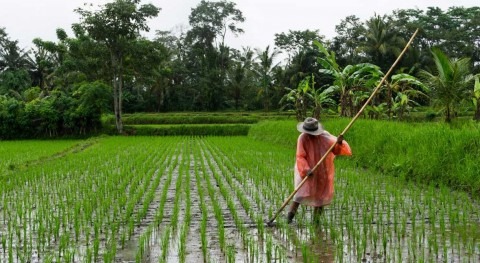Water with fecal waste is one of the main causes of food contamination and its spreading in a community. The solution is to ensure safe access to water and adequate sanitation and to implement personal hygiene practices in those who prepare the food and those who eat it. The short film Pollution Cycle, finalist at the We Art Water Film Festival 4, shows how easily unclean water can spread infections through a simple sandwich.
Every 20 seconds one person dies of a waterborne disease. This amounts to two million every year. According to UNICEF, three quarters of them are children below the age of five; this means that around 4,500 die every day. Most of these deaths could be avoided with adequate access to water, basic sanitation facilities and good hygiene practices. These figures are even more overwhelming if we add endemic patients, those with deteriorated health due to contaminated water (in some cases this deterioration is irreversible) and those who have seen their education cut short due to chronical diseases or due to the fact that they have had to spend time fetching water instead of attending school.
Wastewater, contaminated with feces, becomes a real habitat for all kinds of disease transmission vectors, especially intestinal ones. According to the World Health Organization (WHO), the poor are affected the most and the contrasts are very clear: for instance, a child born in Europe or in the United States is 520 times less likely of dying of diarrhea than one in sub-Saharan Africa, where only 36% of the population has access to sanitary hygiene.
Contaminated water, contaminated food

In Zihad’s short film, a boy from Bangladesh is sick with salmonellosis, a disease caused by the Salmonella bacteria, which is one of the four main causes of diarrheal diseases. According to WHO, salmonellosis affects tens of thousands of people around the world every year, causing more than a hundred thousand deaths.
The micro-documentary highlights an aspect little known in economically rich countries where it is commonly believed that this bacterium is only present in food of animal origin (eggs, meat and milk): Salmonella can contaminate water and the food in contact with it, such as fruit and vegetables, and of course all food prepared with that water, such as the bread eaten by the feverish child.
In the United States and in Europe, it has been proven that drinking water from wells and fountains can be contaminated with Salmonella in case of floods overflowing sanitation systems, accidental dumping of wastewater and runoffs in agricultural areas fertilized with manure, and it has been proven that its strains can survive in water for several months.

Beyond salmonellosis, food contamination caused by water is very frequent in areas without adequate sanitation or where fruits and vegetables are irrigated with wastewater, or seafood or fish that were grown in farms affected by contaminated water are eaten, a problem that is increasing in coastal areas where untreated water is dumped.
The WHO and UNICEF highlight the importance of food hygiene practices, as one in 10 people gets sick every year due to contaminated food and around 420,000 die. Children below the age of 5 are at particular high risk: around 125,000 children die of food-borne diseases every year, such as listeriosis, brucellosis, cholera and salmonellosis, to name the most common ones.
The simple act of handwashing and hygiene in the preparation of food is essential to fight diarrheal diseases among the population more at risk of disease. In all the Foundation's projects, the teaching of good personal hygiene practices goes along all other objectives (see, for example, some of the projects we have developed in Burkina Faso with UNICEF, in India with the Vicente Ferrer Foundation, and in Mauritania with Save the Children). The culture of hygiene and water care is essential for achieving the Sustainable Development Goals, and directly affects numbers 2, 3 and 6.


